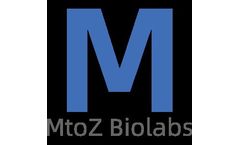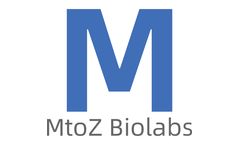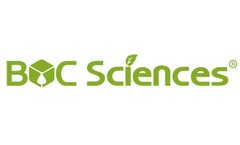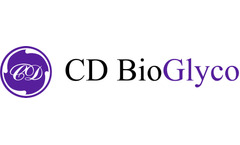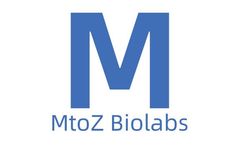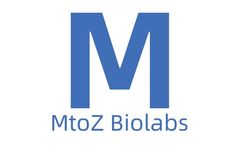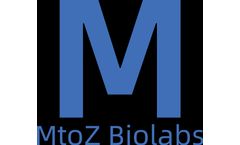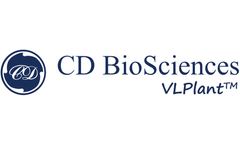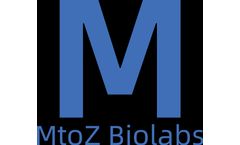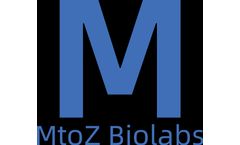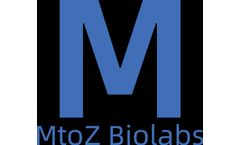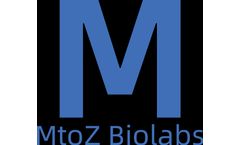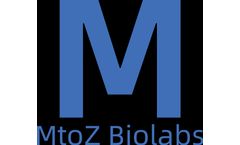Monoclonal Anti Pd 1 Antibody Articles & Analysis: Older
88 articles found
Recombinant protein drugs refer to protein products that originate from animals and plants and are developed through biotechnology research. These protein drugs exhibit certain biological activity and can prevent, diagnose, and treat diseases in humans, animals, and plants. Compared with small molecular drugs, recombinant protein drugs offer advantages such as high activity, high specificity, and ...
Knockin cell line generation represents a pivotal advancement in genetic engineering, providing vital tools for biological research and therapeutic development. This process involves the integration of specific DNA sequences into precise loci within the genome, allowing scientists to explore gene function, model diseases, and develop new treatments. Understanding Knockin Cell Line Generation At ...
Stable cell lines are an indispensable tool in the realm of biomedical research, playing a crucial role in advancing our understanding of cellular processes and disease mechanisms. Unlike primary cells that have a limited lifespan, stable cell lines offer a consistent and renewable source of cells, making them invaluable for long-term studies and industrial applications. This article explores the ...
Antibody drugs are a kind of drugs that treat diseases through artificially synthesized antibodies, achieving therapeutic purposes by specifically binding with target molecules. Common types of antibody drugs include monoclonal antibodies, artificially synthesized antibody fragments, immunotoxins, antibody-drug conjugates, etc. Antibody drugs have shown remarkable therapeutic effects in the ...
Breast cancer remains one of the most prevalent malignancies affecting women worldwide, necessitating innovative approaches for effective treatment and research. Among the most promising strategies in this endeavor are the use of tumor models for breast cancer and the development of customized antibody-drug conjugates (ADCs). These advancements not only enhance our understanding of the disease ...
As we step into 2024, the global health landscape is increasingly focused on combatting viral infections, which continue to pose significant threats to public health. The COVID-19 pandemic has illuminated the critical need for innovative strategies in antiviral research, and scientists worldwide are embarking on groundbreaking projects to develop more effective therapies, vaccines, and preventive ...
Introduction Microarray printing technology has revolutionized the field of genomics and proteomics, and its application in glycobiology is no exception. Glycobiology, the study of carbohydrates and their biological functions, relies heavily on the ability to analyze large-scale carbohydrate interactions. Microarray printing in glycobiology enables the precise and high-throughput analysis of ...
Antibody drugs are a type of drugs that treat diseases through artificially synthesized antibodies, which bind specifically to target molecules for therapeutic purposes. Common types of antibody drugs include monoclonal antibodies, artificially synthesized antibody fragments, immunotoxins, and antibody-drug conjugates, etc. Antibody drugs have shown significant therapeutic effects in the ...
Recombinant protein drugs are protein-based therapeutic drugs which are produced by using DNA recombination technology or other biotechnological methods. These drugs include cytokines, peptide hormones, recombinant enzymes, monoclonal antibodies, and fusion proteins. Compared to traditional low-molecular-weight synthetic drugs, recombinant protein drugs have advantages such as high specificity, ...
Host cell protein (HCP) residual detection refers to the testing of proteins that may remain in the final product and originate from the production cell line (i.e., the "host") during the biopharmaceutical production process. This testing is crucial because these host cell proteins (HCPs) may impact the safety, efficacy, and quality of drug products.In the fields of biotechnology and ...
Understanding Clonality Analysis Clonality refers to the origin of a cell population from a single 'parent' or progenitor cell through asexual reproduction or division. This concept is vital in cancer studies as it helps track the development of tumor cells from a single mutated cell. Clonality analysis is thus essential in understanding the evolution and the spread of cancerous cells in a ...
Therapeutic monoclonal antibodies (mAbs) are a class of antibody drugs that are highly uniform and have pharmacological effects against a single epitope obtained through molecular biology. In the process of new drug development, the study of pharmacokinetics is of great significance. The result can be used to guide the screening and development of drugs, and support the evaluation of their ...
Vaccines have been essential in disease prevention, and the requirements for vaccine quality continue to increase. The application of advanced separation and purification technologies during the preparation of traditional and new vaccines is an effective means to improve vaccine efficacy and reduce side effects. Here are some commonly used purification methods: Centrifugal 1. ...
CD BioSciences, a biotech company specializing in centrosomal study, has recently launched new services for anti-centrosome antibody development. The services help identify and track centrosomes in experiments, demonstrating the strength of anti-centrosome antibodies as a great tool for centrosome research. The centrosome is a key cellular structure that plays a crucial role in the organization ...
Antibody-drug conjugates (ADCs) are a new class of drugs that combine the advantages of both antibodies and small molecule toxins. Compared with traditional cytotoxins, ADCs have the advantages of strong targeting, less toxic side effects, etc. They can accurately target tumor cells, reduce side effects, and improve the therapeutic effect.ADC drugs are mainly composed of monoclonal antibodies, ...
Antibody-drug conjugates (ADCs) represent a groundbreaking class of therapeutics that combine the specificity of monoclonal antibodies (mAbs) with the potent cytotoxic effects of small-molecule drugs. This synergistic approach allows for targeted delivery of the cytotoxic agent to cancer cells while sparing healthy tissues, thereby reducing side effects and enhancing therapeutic efficacy. ADC ...
Monoclonal antibodies are highly specific biological molecules that are crucial in many areas like disease diagnosis, treatment, and biomarker discovery. They can trigger an immune response in the human body by recognizing and binding to specific antigens, thereby combating pathogens. However, to develop monoclonal antibodies with high specificity and affinity, sequencing of the antibody's ...
From protein immunoblotting to immunofluorescence, and then to FRET, antibodies are often an important determinant of successful and repeatable experiments. But we've never had a set "plan" to find the most suitable antibody. In this issue, the editor shares a 10-step "plan" for antibody selection.Determine the Name of the Target ProteinFirst, you need to be clear about what protein you need to ...
Biopharmaceuticals and personalized medicine are hot fields in the development of the pharmaceutical industry today. Proteins, peptides, and antibodies are important molecules in the body and are important objects of research in biopharmaceuticals and personalized medicine. With the continuous advancement of protein, peptide, and antibody sequencing technology, they are playing an increasingly ...
Antibodies are an essential part of our immune system, capable of recognizing foreign molecules (antigens) and helping to eliminate them. Antibodies have a high degree of target specificity, affinity, and safety, and have been widely used in the treatment, diagnosis, and prevention of many major diseases. They are currently a focus in new drug development. The design of antibody drugs is a ...

